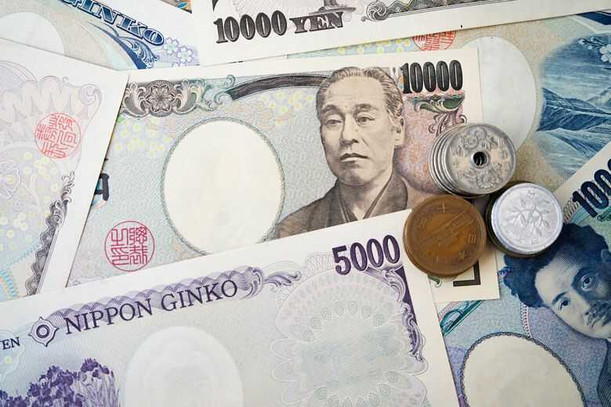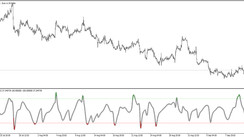The Bank of Japan is an institution that oversees the stability of the financial system and the sound development of the national economy of Japan, by controlling the volume of money inside the marketplace and ensuring the smooth circulation of money.
The BOJ is headquartered in the Nihonbashi business district in Tokyo. It is the Japenese central bank, and it is responsible for handling currency and treasury securities, as well as implementing monetary policy.
It also maintains the stability of the financial system and provides settling and clearing services. This Bank also compiles and aggregates economic data and economic research and analysis.
What is its role?
The Bank of Japan is the most important in the country because of all the responsibility it has. The Bank of Japan has two core functions being: Maintaining the stability of the financial system and maintaining price stability.
The Bank of Japan implements monetary policy to maintain the stability of the financial system, which involves currency control and issuing banknotes. This mandate feeds into the other, as currency and monetary authority is part of the plan for achieving price stability and develop the economy.
Its second function is maintaining price stability. The Bank uses exports, which are essential to Japan, to keep prices as stable as they can and manipulate interest rates to grow or develop the national economy.
The Bank defines price stability as a 2% increase per year in the consumer price index (or CPI).
The Bank of Japan holds monetary policy meetings regularly, where it sets the interest rate and other policies in the hope of achieving price stability and financial system stability. The meetings are held eight times a year, and they can last two days. In this time, they discuss and implement the policy.
How is it organized?
The Bank of Japan is lead by the Governor. Currently, that is Haruhiko Kuroda, former President of the Asian Development bank.
There are two deputy governors and six executives directing in charge of heading the BOJ. The Governor, the deputy governors, and those directors belong to the Bank's Policy Board, which is the decision-making body of the Bank. The board is in charge of setting currency and monetary controls, as well as the basic principals for its operations, and watches the duties of the Bank's officers, except auditors and counsellors.
The board includes the Governor and deputy governors, auditors, counsellors, and executive directors.
What are its main principles?
The principles of the Bank are maintaining the financial stability and price stability of the economy inside the country. All its primary functions are made around those two main functions. The principles behind this bank action are the transparency and security of the economy of the country.
It has as its mission to the issuance and manages banknotes, implementation of monetary policy, provide settlement services, and taking care of treasury securities and government securities-related operations.
How to trade using it as reference
To use this Bank as a reference, you need to know that the monetary policies made by it directly affect the Yen currency. The Bank of Japan conducts interest rate decisions to influence inflation. Short-term rates are fundamental in determining currency valuations, so a trader needs to watch the movements in these carefully.
Traders need to stay updated on the fundamental role of the Bank of Japan for determining the value of the Yen.
Also, keep in mind that short-term changes to interest rates are a critical factor in currency valuation and that the BOJ monetary policy meeting is profoundly influencing the value of JPY.





